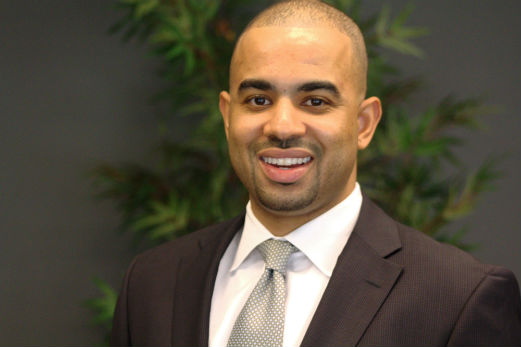When Ryan G. Smith and Claire DeRoberts stepped away from LeafLink—a platform responsible for powering 80% of wholesale cannabis orders in the U.S.—they weren’t chasing hype. They were chasing a deeper problem: the chaos in the back offices of field service contractors.
Now, with engineering talent James Mackey in the mix, the trio is tackling the legacy mess that slows down everything from HVAC to plumbing businesses. Their new startup, Mura, is going after a massive but unglamorous pain point: the inefficient, manual processes that private equity-backed contractors still rely on to keep operations moving and invoices flowing.
But here’s the twist—Mura isn’t trying to rip and replace outdated systems. Instead, it slides in quietly with what the founders call a “dark software” approach. No big software deployments. No system shocks. Just automation that works in the background, smoothing out order-to-cash workflows and making billing delays a thing of the past.
One client, Tolin Mechanical Systems, has already cut its purchase order processing time by a staggering 80%. That’s not just a proof point—it’s a reality check on how much friction still lives in the operational guts of field service businesses. Mura’s tech finds those leaks, fixes them, and leaves no mess behind.
And the timing couldn’t be better. As private equity firms scoop up field service companies in a consolidation spree, they’re not just buying service routes—they’re buying operational headaches. Mura gives these firms the streamlined back office they need to scale revenue without ballooning payroll. It turns five-person admin teams into one-click workflows.
With $6 million in new seed funding, co-led by Level One Fund and Lerer Hippeau—who also led Mura’s pre-seed round—the startup now sits on $7.5 million total. That money will go toward growing the team, expanding integrations with field service giants (looking at you, ServiceTitan), and building deeper automation across accounts receivable and payable.
This isn’t a pivot or a rebrand. It’s focused execution on one mission: making field service operations smarter without screaming for attention.
Mura knows the sector isn’t flashy. But it’s foundational. And by fixing what others overlook—quietly, effectively, and at scale—they’re building the kind of software companies don’t talk about, but can’t live without.













